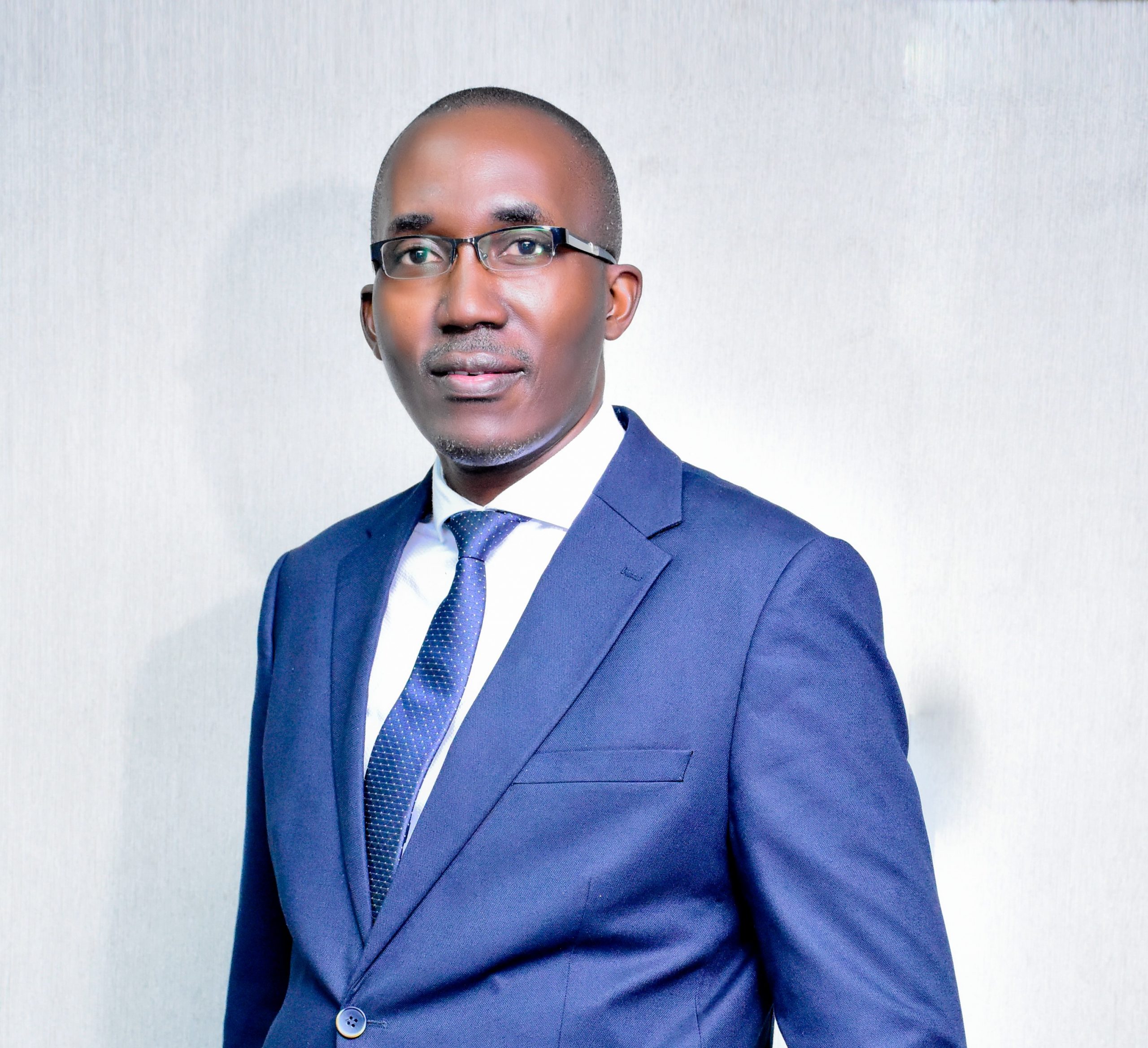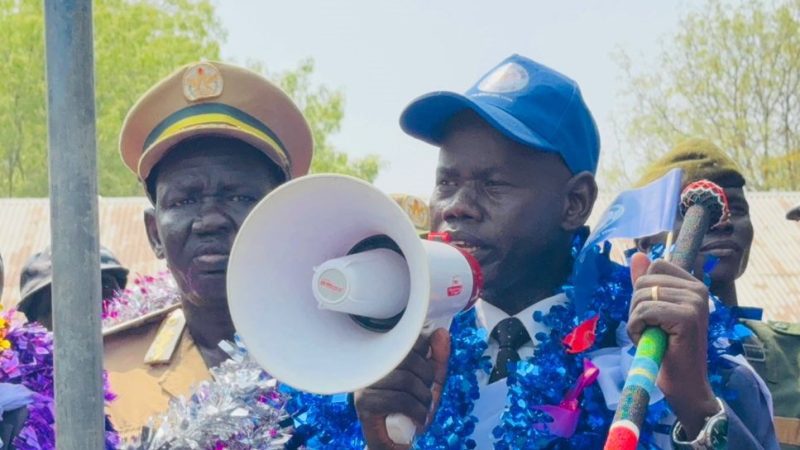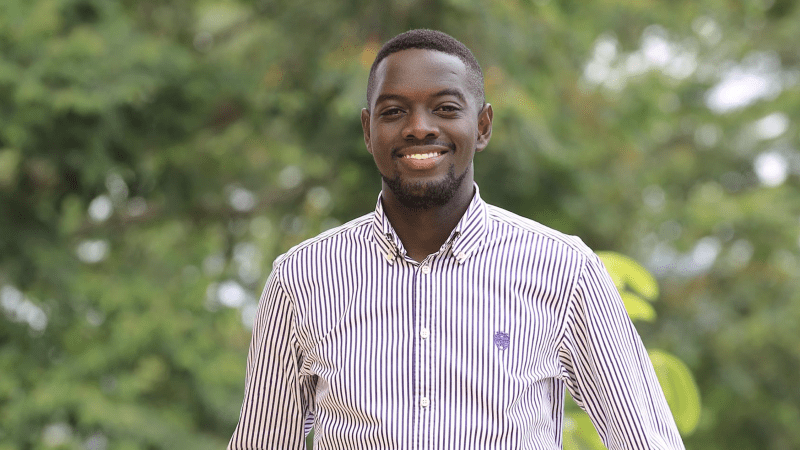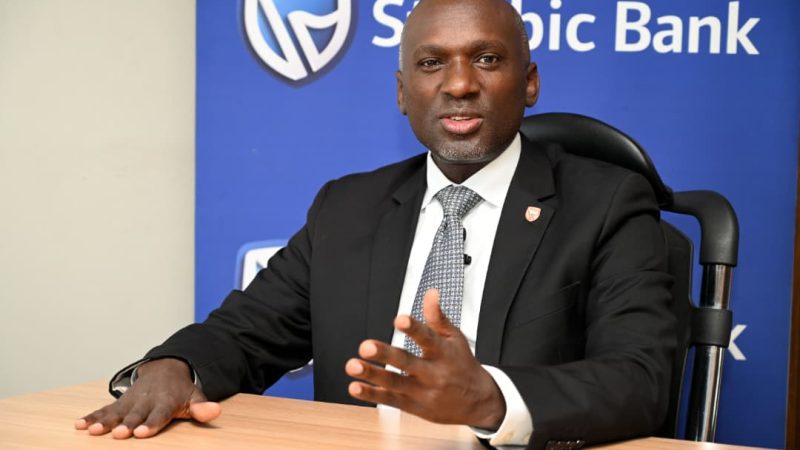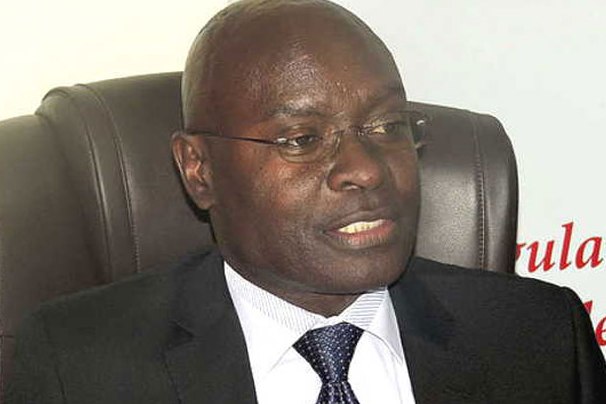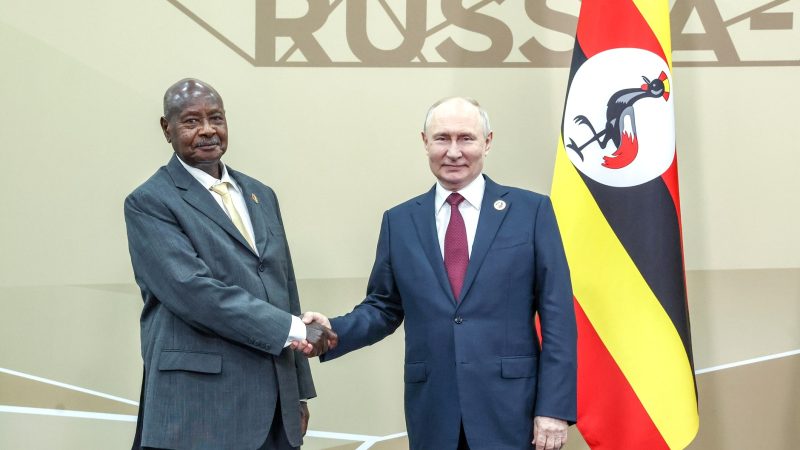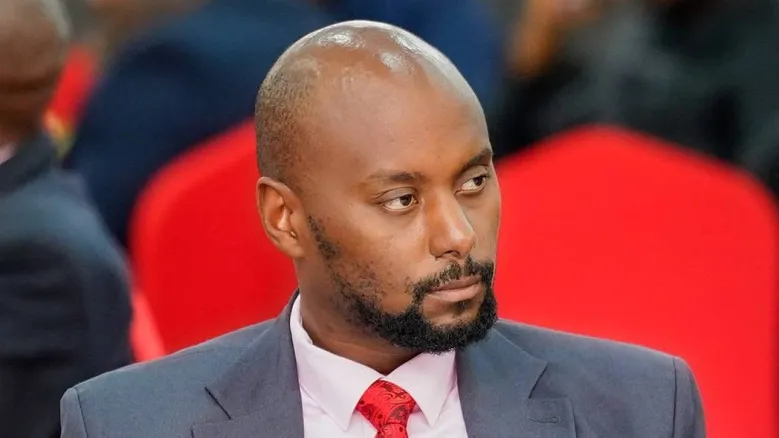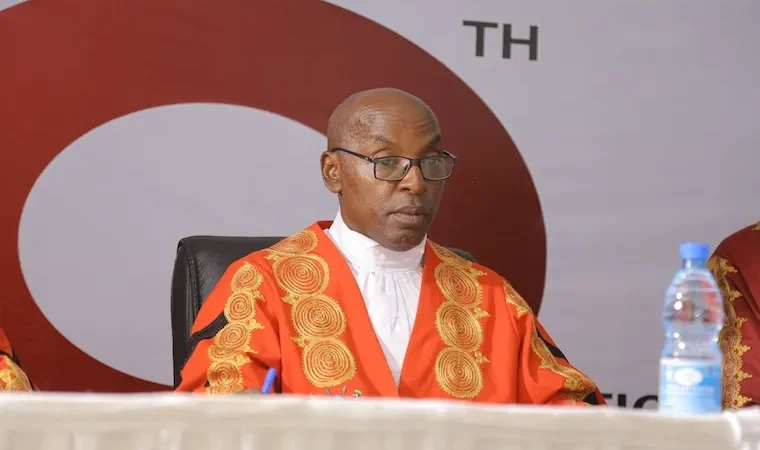The Electoral Commission (EC) Chairman Justice Simon Byabakama has revealed that the absence of international election observers cannot stop an electoral process from taking place. Byabakama made this revelation while appearing on a local television on Saturday, June 20.
“The law says Electoral Commission will accredit observers. For you to be accredited an observer, you take the step to express interest to become an observer. The commission does not go sourcing and lobbying for observers. First of all, they come at their own cost and all the commission does is to recognise them after vetting them and giving the accreditation,” Byabakama said.
Justice Byabakama added that many countries conduct elections without observers citing the recent election in Burundi that conducted elections without elections.
Byabakama, however, said that the Electoral Commission has started receiving applications from mainly internal election observers, through a committee chaired by the EC Deputy Chairperson Hajjat Aisha Lubega.
Byabakama’s statement follows a revelation by the Head of Delegation of the European Union (EU) to Uganda, Ambassador Attilio Pacifici that the EU will not deploy election observers as Uganda votes in 2021.
Pacifici said that the COVID-19 pandemic has complicated the electoral process and the plan to deploy observers in the country. He, however, said that they will use the domestic mechanism of collaborating with Civil Society Organisations (CSOs) to monitor the upcoming election.
For so many years, Uganda’s election have been observed by teams from the Commonwealth, the African Union, and the Inter-Governmental Authority on Development (IGAD), among others. Such teams are involved in monitoring campaigns, preparations for the election, polling, vote counting, the results processes, and the overall electoral environment. However, it remains unclear if the other groups will participate in the ongoing process, with borders still closed and movement restricted in the wake of the COVID-19 Pandemic.
Justice Byabakama says that the choice for one to become an observer is entirely theirs and that if, because of the prevailing circumstances, one is not able to, it does not stop the election from taking place.
According to a report by the observer mission to Uganda, the EU team reported that there was poor preparation for the election coupled with intimidation and harassment of the Opposition by police and law enforcement agencies in the last general elections. They also raised concerns about the tallying process which is described as slow and lacking transparency.
Eduard Kukan, the Chief Observer of the Mission noted that the opposition candidate’s ability to campaign freely was restricted.
Similarly, the Commonwealth Observer Group which was led by former Nigerian President, Olusegun Obasanjo, said that Uganda’s 2016 elections were marked by a lack of a level electoral playing field, an increased prevalence of money in politics, alleged misuse of state resources, inequitable media coverage, and queried the competence of the EC to manage the process and other issues.


